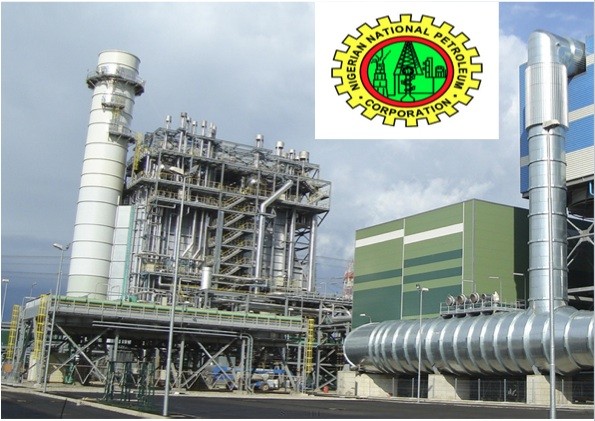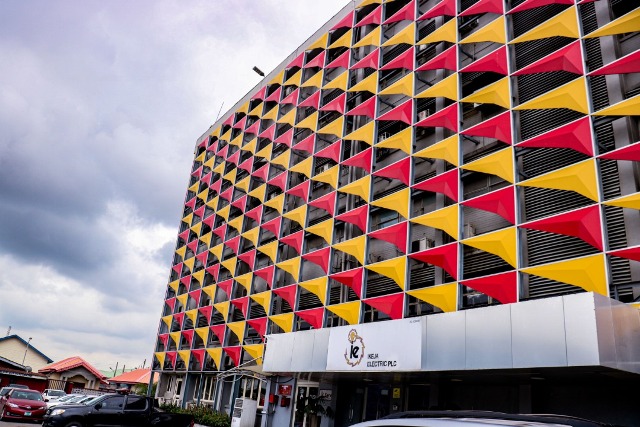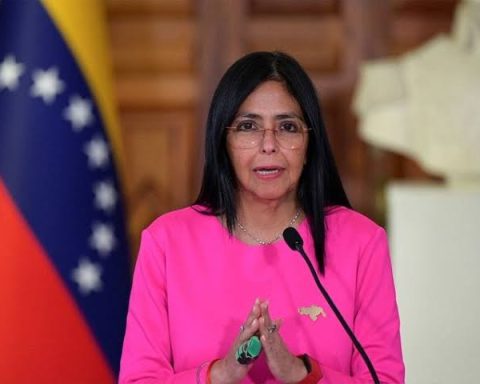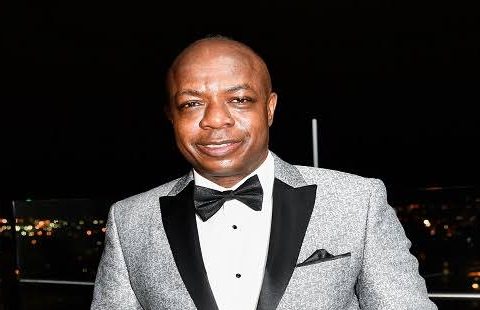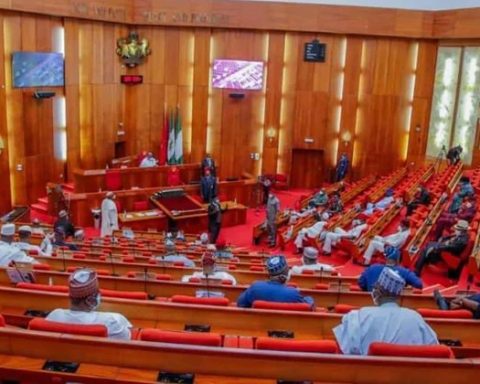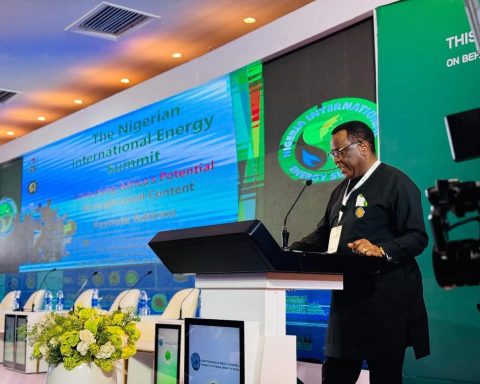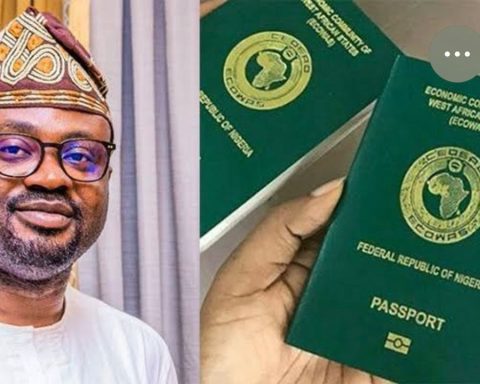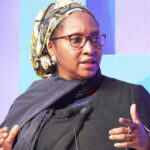NIGERIA’S debt to the World Bank and the African Development Bank increased from $7.14bn to $14.25bn between June 30, 2015 and March 31, 2021, data obtained from the Debt Management Office have shown.
This simply means that the commitment of the banks to the country rose by $7.11bn within the period under review, which represents an increase of 98.48%.
Join our WhatsApp ChannelAs of June 30, 2015, the Federal Government had borrowed a total sum of $6.19bn from the World Bank.
A breakdown of the group’s portfolio in the country shows that a greater part of the loans was obtained from the International Development Association, an arm of the World Bank that specialises in giving concessional loans to poor and fragile countries.
The IDA commitment to Nigeria amounted to $6.09bn.
Another member of the group, the International Fund for Agricultural Development, had a commitment of $94.80m in the country.
Similarly, at the same time, the AfDB commitment to the country stood at $946.52m, comprising loans from various internal bodies such as the African Development Bank ($350m) and African Development Fund ($596.53m).
By March 31, 2021, the Federal Government’s debt to the World Bank had increased to $11.51bn, reflecting a $5.32bn or 86% increase.
This debt portfolio included loans of $11.10bn and $410.23m from the International Development Association and International Bank for Reconstruction and Development respectively. I
With a commitment of $11.51bn, the World Bank is responsible for 35.02% of Nigeria’s foreign portfolio of $32.86bn as of March 31.
At the same period, the Federal Government acquired $1.59bn from the AfDB, $0.21m from Africa Growing Together Fund and $942.51m from ADF.
This brought the AfDB’s commitment to the country to $2.74bn, representing about 8.3% of the country’s total external debt.
Most of the loans from the World Bank and the AfDB were tied to a programme or infrastructure project.
On December 14, 2020, for instance, the World Bank approved a $1.5bn loan to Nigeria, earmarked for two projects: Nigeria COVID-19 Action Recovery and Economic Stimulus Programme and The State Fiscal Transparency, Accountability, and Sustainability Programme.
Also, June 27, 2018, the bank approved a loan of $775m for the following projects: Fiscal Governance and Institutions Project, Nigeria Erosion and Watershed Management Project – Additional Financing, Nigeria Polio Eradication Support Project Additional Financing, Nigeria Electrification Project and the State Fiscal Transparency, Accountability and Sustainability scheme.
March 23, 2017, the bank approved a $200m credit for the implementation of the Agro-Processing, Agricultural Productivity Enhancement and Livelihood Improvement Support Project and Nigeria, while $150m credit was offered for Mineral Sector Support for Economic Diversification Project on April 14 same year.
On June 7, 2016, the bank approved a $1.1bn credit as additional finance to fund the following projects: State Education Program Investment Project, Community and Social Development, Nigeria Youth Employment and Social Support, State Health Investment Project, Third National Fadama Development Project, NG-Polio Eradication Support Project and the National Social Safety Nets Project.
One of the loans approved by the Board of Directors of the AfDB to the Nigerian government is a financing package comprising $150m ADB loan, $100m ADF loan and the £5m RWSSI Grant Facility, to finance the Inclusive Basic Service Delivery and Livelihood Empowerment Integrated Programme on December 14, 2016.
Similarly, in December 16, another loan was approved, which was a financing package of $100m, comprising $80m loan and $20m equity for the rehabilitation of the Kainji and Jebba hydro plants.
On December 3, 2018, the Board of Directors of the AfDB approved a $150m sovereign loan to finance the Nigeria Electrification Project.
Another loan was approved on April 24, 2019, which was a $70m loan for a road project in Nigeria’s Southeastern Ebonyi State with the bank providing $40m and its co-financier, AGTF, contributing $30m
On June 5, 2020, a $288.5m loan was approved to help Nigeria tackle the COVID-19 pandemic and mitigate its impact on people and businesses.
As of March 31 2021, 54.26% of the country’s external debt portfolio belonged to multilateral organisations including the International Monetary Fund ($3.48bn), Arab Bank for Economic Development in Africa ($5.88m), European Development Fund ($51.33m) and Islamic Development Bank ($29.72m) and $223.28m from International Fund for Agricultural Development.
Bilateral debts make up $4.18bn or 12.73% of the country’s external debt exposure.
Nigeria’s is presently indebted to the following bilateral agencies: Export Import Bank of China, with a portfolio of $3.40bn; the Exim Bank of India, with a portfolio of $34.95m; the Agence Française de Développement, with a portfolio of $486.6m; the Japan International Cooperation Agency, with a portfolio of $74.6m; and Germany, with a portfolio of $183.7m.
Commercial loans now comprise 32.47% of the country’s external debt exposure, with a value of $10.67bn.
These loans include $10.36bn Eurobonds, and $300bn Diaspora Bond, through which the Federal Government borrowed from Nigerians living abroad.
On the other hand, as at June 30 2015, Eurobond was the only commercial loan available and it constituted 14.54% of the country’s external debt exposure with a value of $1.5bn.
Meanwhile, multilateral sources constituted 70.11% of the country’s external debt exposure at the stated period while bilateral sources made up 15.35% of the country’s total foreign debt exposure of $10.32bn.



